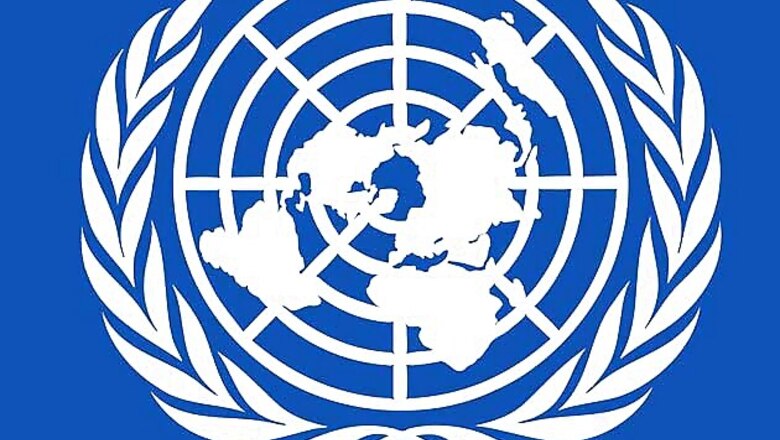
views
New Delhi: The significance of the World Population Day, observed on July 11 every year, lies in the fact that the world holds 7,025,071,966 people as on July 9, 2012, a leap of over 2.5 times over the last fifty years, while earth's resources remain finite.
A huge number of people, running into billions, suffer from abject poverty, starvation, malnutrition, diseases, illiteracy, lack of access to healthcare, wars and all kinds of social, political and economic injustice.
In 1989, in its decision 89/46, the Governing Council of the United Nations Development Programme recommended that, in order to focus attention on the urgency and importance of population issues in the context of overall development plans and programmes and the need to find solutions for these issues, 11 July should be observed by the international community as World Population Day.
Popular interest in the Five Billion Day on July 11, 1987, the date on which the world's population reached five billion people, is said to have acted as the inspiration.
Since framing of the Millennium Development Goals (MDGs), the themes of the annual event have centred around one or more of these goals. The theme of the World Population Day 2012 is "Universal Access to Reproductive Health Services".
Many activities and campaigns will call attention to the essential part that reproductive health plays in development of communities.




















Comments
0 comment